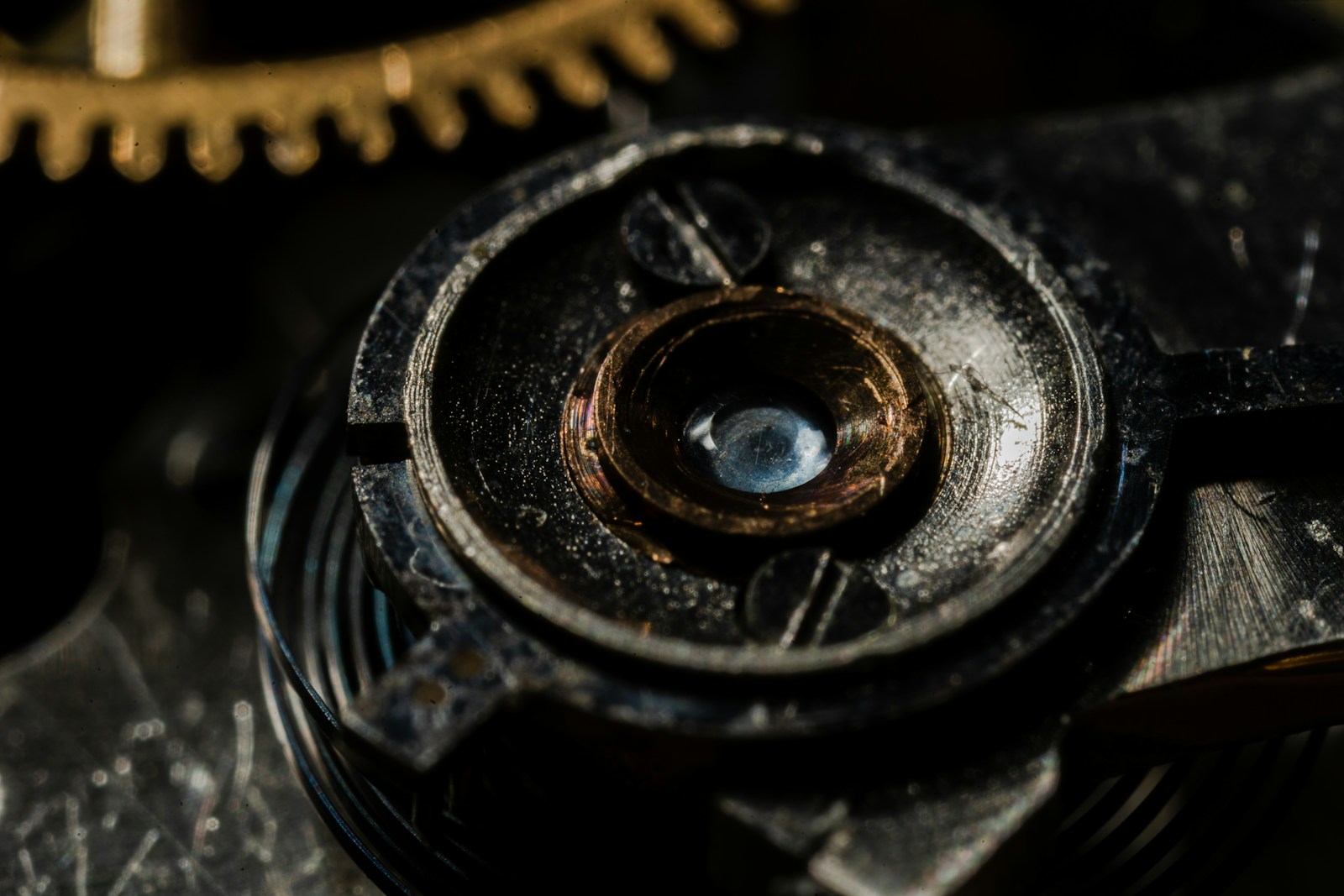Antique clocks are not only functional timepieces but also pieces of history and art. For collectors and enthusiasts, acquiring antique clocks can be a rewarding experience. However, navigating the world of antique clocks can be overwhelming, especially for beginners. This ultimate antique clocks buying guide aims to provide you with essential information to make informed decisions when adding vintage timepieces to your collection.
When it comes to buying antique clocks, one of the first things to consider is the type of clock you are interested in. There are various types of antique clocks available, including vintage clocks, old clocks, and grandfather clocks. Vintage clocks typically refer to clocks that are at least 50 years old, while old clocks can be even older. Grandfather clocks, on the other hand, are tall, freestanding clocks that are usually over 6 feet in height.
Before purchasing an antique clock, it is important to do thorough research. Familiarize yourself with different styles, materials, and mechanisms used in antique clocks. This knowledge will help you identify authentic pieces and prevent you from purchasing reproductions or fakes.
When looking for antique clocks to buy, consider visiting reputable antique shops, auctions, and online marketplaces. Antique shops often have a curated selection of clocks, and the staff may be able to provide valuable insights and information. Auctions can be a great place to find unique pieces, but be prepared to compete with other bidders. Online marketplaces offer a wide range of options, but be cautious of sellers offering counterfeit or misrepresented clocks.
When examining an antique clock, pay attention to its condition. Look for signs of wear, damage, or repairs. Check the clock’s movement to see if it is in working condition. If possible, have a professional clockmaker inspect the clock to assess its authenticity and determine if any repairs are needed.
Consider the provenance of the antique clock. A clock with a known history or that has been owned by a famous figure may have a higher value. However, be wary of clocks with dubious provenance, as they may be stolen or have a questionable history.
When it comes to pricing antique clocks, factors such as rarity, condition, age, and provenance all play a role. Do not be swayed by a low price, as it may indicate a counterfeit or a clock in poor condition. Conversely, do not overpay for a clock without first conducting thorough research and seeking expert opinions.
In conclusion, buying antique clocks can be a rewarding experience for collectors and enthusiasts. By following this ultimate antique clocks buying guide and taking the time to research, examine, and evaluate potential purchases, you can build a valuable and fascinating collection of vintage timepieces. Whether you are interested in vintage clocks, old clocks, or grandfather clocks, there is a world of history and art waiting to be discovered in the realm of antique clocks.
